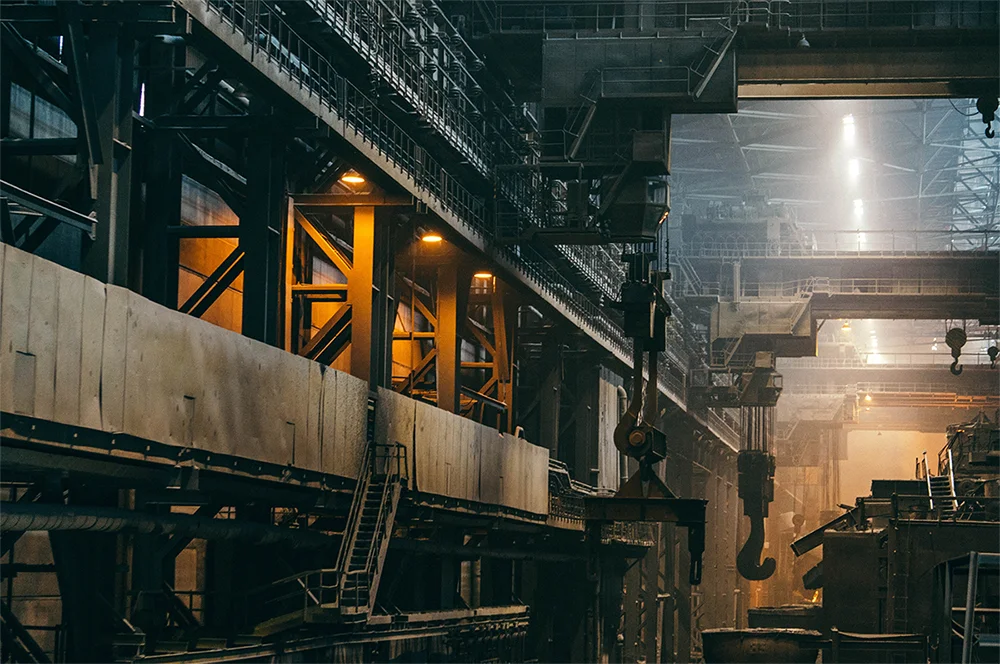It’s no secret that marine piston rings are put under a lot of pressure and heavy forces. The way they’re constructed helps them to withstand these conditions and continue functioning normally. Here are some of the factors that contribute to their durability:
Materials
Most piston rings are made from cast iron, which is because this material has the lamellar form of graphite within its composition. This adds lubrication to aid the smooth sliding of piston rings in the engine, though it is not a substitution for oil. There are many different grades of cast iron used for piston rings and it is imperative that the correct grade is selected when replacing your piston rings.
Shape
The fact that piston rings are circular and have open ends means that they can be pressed in cylinder liner walls and exert radial pressure of equal force outwards. This creates a tighter seal and is achieved by ensuring the rings are the same diameter as the bore of the cylinder before they are applied.
Alloying and other materials
Chromium alloys are not as common as they once were, as this resulted in marine piston rings seizing. However, to maintain their resistance to pressure, other alloys such as titanium, copper, nickel, and vanadium can be used. Some top piston rings may also use higher levels of carbon and silicone, as these will be exposed to the most heat. They’ll be able to deal with these more difficult conditions and transfer heat more effectively to the rest of the cylinder.
Contact us
Here at Precision Products UK, we pride ourselves in supplying high-quality piston rings for marine engines. If you have any questions about the rings we stock and their suitability for your business, simply give us a call.

